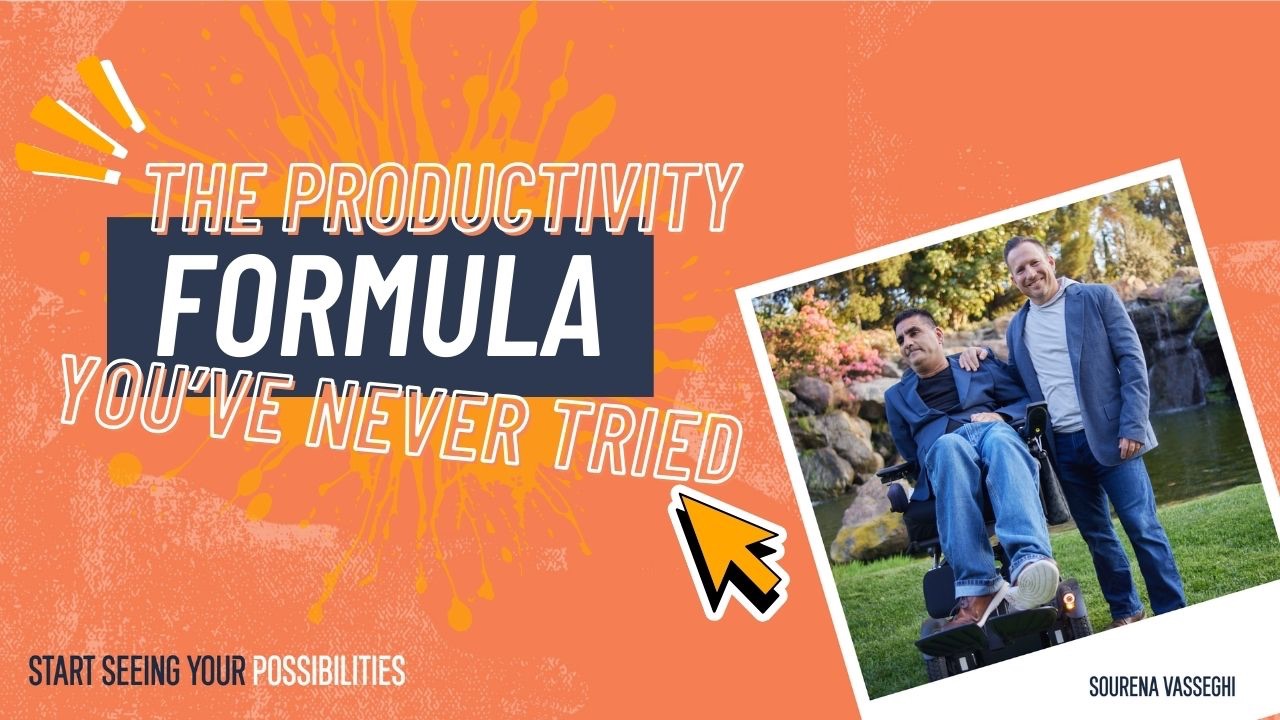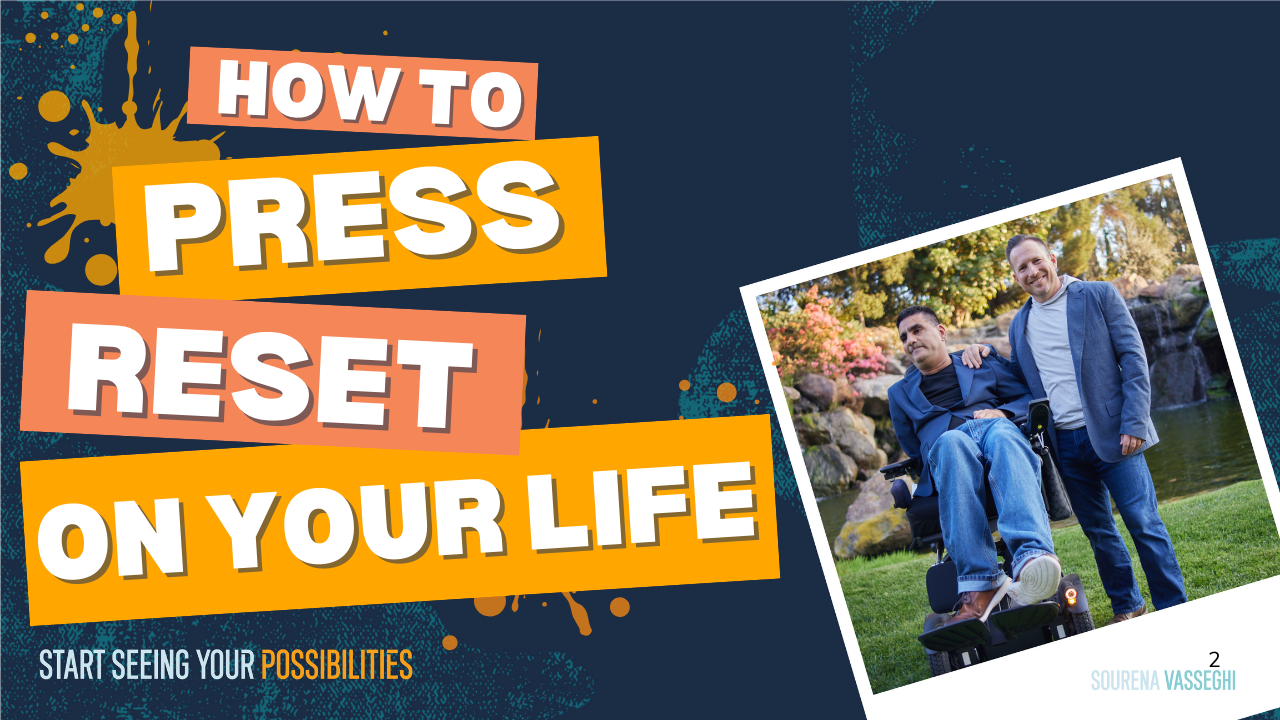Find Your Passion" and Other Myths About Being Successful

Words have deep and profound power. We’ve dealt with “hard” and “easy,” but what about “passion”? You hear this term bandied about regularly, don’t you? It’s on every company culture manifest and plastered across 80% of those terrible airport self-help book covers. Ugh…
I have followed the no-nonsense speaker and author Larry Winget for years. His nickname is the “Pitbull of Personal Development” because his stance is that passion is dangerous for success. At first, I did not agree with his view. The dictionary defines passion as an uncontrolled emotion. The entire point of discipline is to be in control of your emotions. So, by that logic passion can be a barrier rather than a strategy for success. It’s time to reevaluate that word.
To me, passion is doing what you want when you want. But how does passion interact with work and doing things you really don’t want to? A restaurant owner won’t be passionate about calling a plumber or their accountant. My buddy and fitness expert Chris Stevenson has hundreds of stories about dealing with gym clients who have terrible body odor. Where’s the passion in working that job? Yet Chris is still working hard even after those unpleasant experiences. His passion for his job goes deeper than just being an emotion. He is guided by a process and a set of productive habits – not by the whims of passion.
The danger of passion is that it is semi-permanent. No matter how much you love something, that love will ebb and flow with time. I love writing, but sometimes I’m not passionate enough to write. I love my sons, but sometimes I’m not excited to discipline them. The common impression of passion is really two concepts rolled into one.
The first concept is enthusiasm, which is an ingredient of success. Enthusiasm encourages people to buy into what you are doing and perhaps offer help. The second concept is dedication. You must be dedicated to your goals, come rain or shine, in a good economy or bad. If passion is these two concepts, then it makes sense to have passion. But then why not just call it enthusiasm or dedication?
In a PBS special, the author Larry Winget talked about his passion for public speaking. He said, “I love it, too. But it is incredibly challenging (not “hard”!) for me to accomplish. I speak maybe 100 hours each year. I love my 100 hours. I tolerate the rest.” When I interviewed Larry about passion, he gave me an eloquent description. If you needed life-saving surgery and one doctor was impassioned while the other dryly said they’d performed this surgery hundreds of times, who would you choose? It’s an interesting thought experiment.
When you first set to achieve a goal, you will imagine a bigger bank account, a successful business, or you finally zipping up those jeans with ease and grace. This excitement lasts for a very short time since there’s only so much passion you can muster to enjoy a dry chicken breast. Yay, dry chicken breast!!! Inevitably, other emotions and other challenges creep into your life.
To stay on track, it’s important to always focus on why your dreams and your goals are so important to you. Anytime you come up against a challenge or a negative emotion, revert to those reasons to remind yourself that while growing pains are uncomfortable, they are a signal that you’re on the right path.
Don’t let the frustrations make you risk-averse. There will always be risks in any endeavor. So many people don’t strive for amazing because they fear how it might make them feel to not get what they want. What would their friends say? What if they went for the promotion and didn’t get it? All I can say is: turn down the volume on that voice, it’s just the ego.
Let's Stay in Touch!
Join my newsletter. I've love to update you on news about me and ways to stay motivated.
By submitting this form, you agree to receive ongoing updates from Sourena Vasseghi






